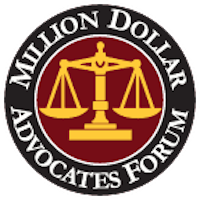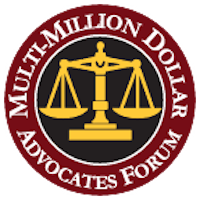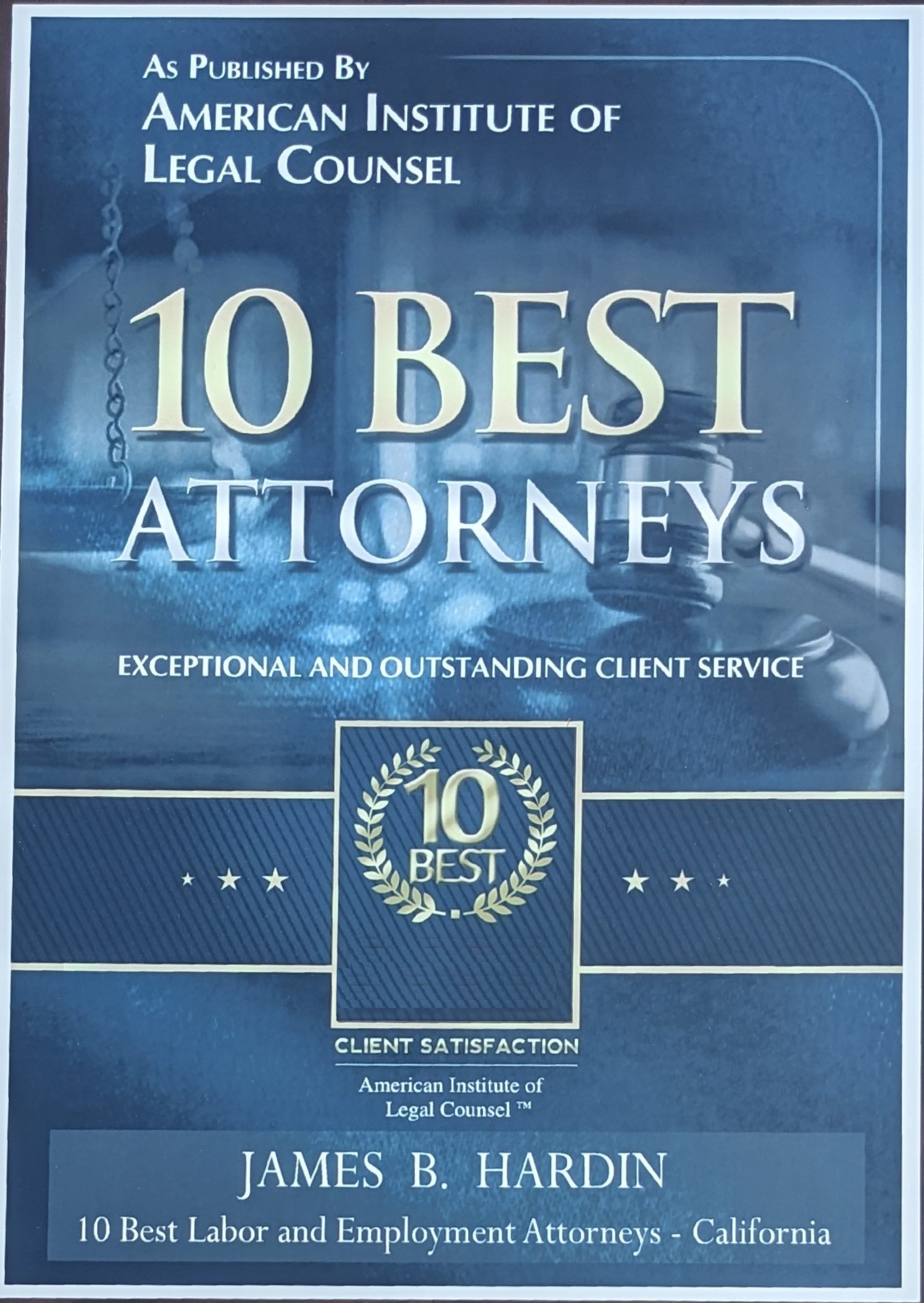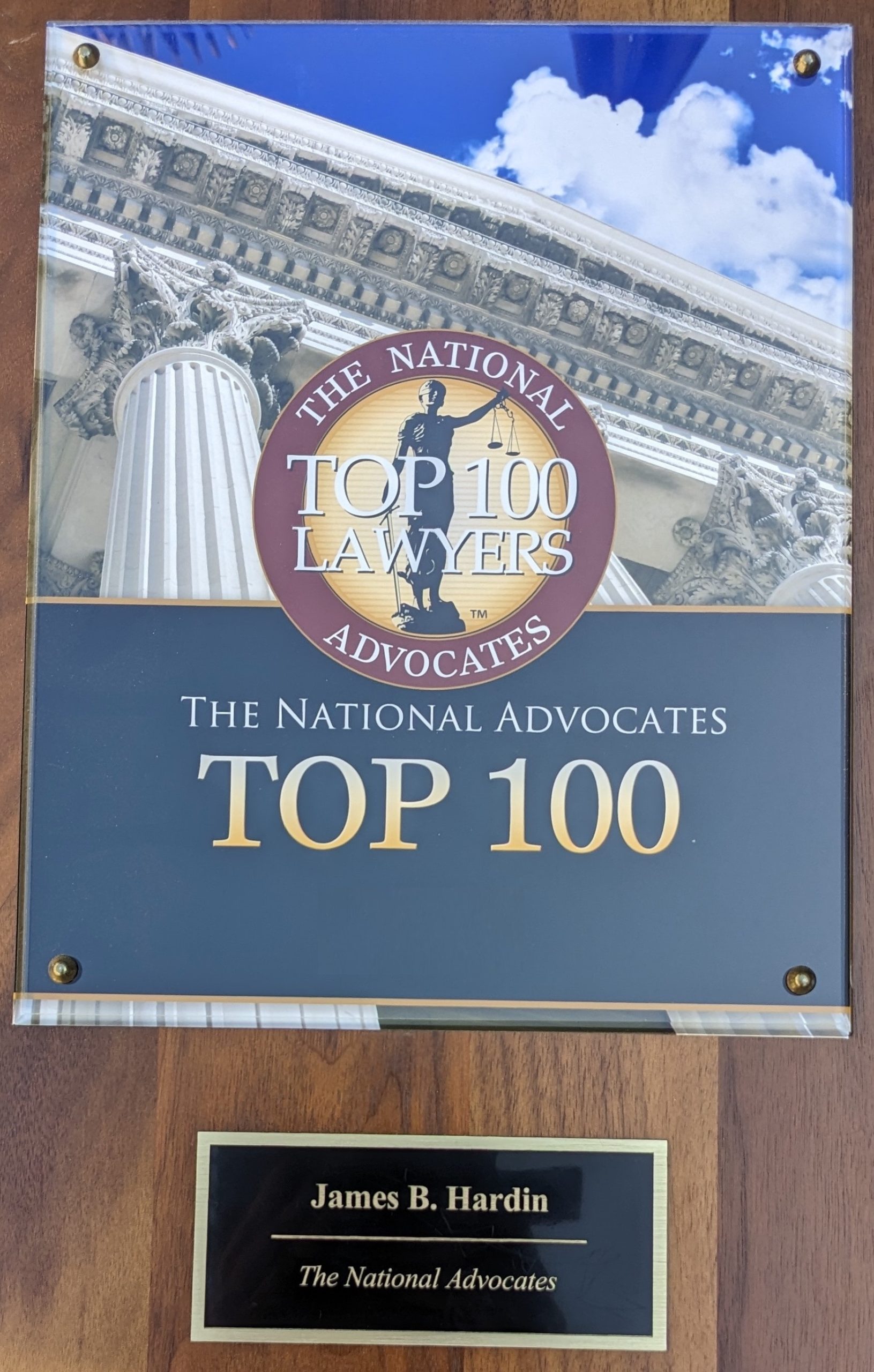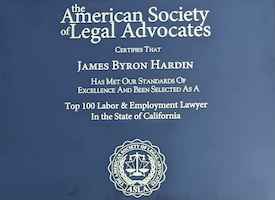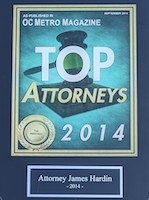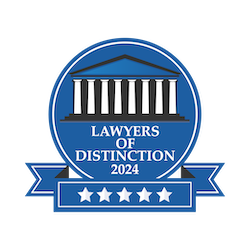Understanding California’s New Sick Leave Law
When employees fall ill, they are too often faced with the difficult choice of showing up to work sick or foregoing wages. Fortunately, many employers offer paid sick leave to protect employees’ health and income. Paid sick leave allows an employee to stay home and recover from an illness without worrying about lost wages. Recently, California expanded its paid sick leave laws for nearly all employers and employees. Understanding the new law is important for knowing your rights in the event that you need to use sick leave.
What Is California’s New Sick Leave Law?
California Senate Bill 616 amends the Labor Code by increasing the minimum amount of paid sick leave to 40 hours or 5 days, whichever is more. The law also provides multiple options for accruing paid sick leave, including 1 hour for every 30 hours worked; 40 hours at the start of employment and every 12 months thereafter; or any other accrual rate that equals 40 hours by the 200th day of employment. In other words, employees accrue the same minimum amount no matter which option their employer chooses. This new law covers employees who work at least 30 days for the same employer within one year. It includes full-time, part-time, temporary, per diem, and in-home support services work with few exceptions. Importantly, the law does not displace more generous paid sick leave laws among cities or municipalities. If your municipality requires your employer to provide more than 40 hours of sick leave, your employer must still comply with the local ordinance.
Does the Law Affect Sick Leave Accrual Limits?
Under the new law, employers can still limit the amount of sick leave employees can “carry over” into the next year. Specifically, employers can limit employees from using more than 40 hours or 5 days per year of their accrued sick leave. They can also set a maximum accrual cap of 80 hours or 10 days of paid sick leave per year. However, employers must allow at least 40 hours or 5 days of unused paid sick leave to carry over into the next 12-month period. At the end of the period, employees must still provide their employers with written notice indicating the amount of paid sick leave they have available.
How Will the Law Impact Previous Paid Sick Leave Plans?
A provision of the law allows some employers with existing paid sick leave or paid time off policies to stay in place if they meet certain requirements. These existing policies must allow the employee to earn at least 40 hours or 5 days of paid sick leave of paid time off within six months of employment. They must also provide a minimum of 8 hours or 1 day of paid sick leave or paid time off within three months of employment. These requirements will ensure that existing plans still provide employees with adequate paid sick leave.
Speak with a Qualified LA Employment Attorney Today
If you believe that your employer has engaged in unlawful employment practices, the Hardin Law Group is here to help explain your rights and what you can do to enforce them. Attorney James Hardin is a dedicated Los Angeles employment lawyer who exclusively represents employees in all types of employment cases, including wrongful termination, harassment, discrimination and wage and hour violations. To learn more, and to schedule a free consultation with Attorney Hardin today, call (310) 606-2122 or connect with us through our secure online contact form.




